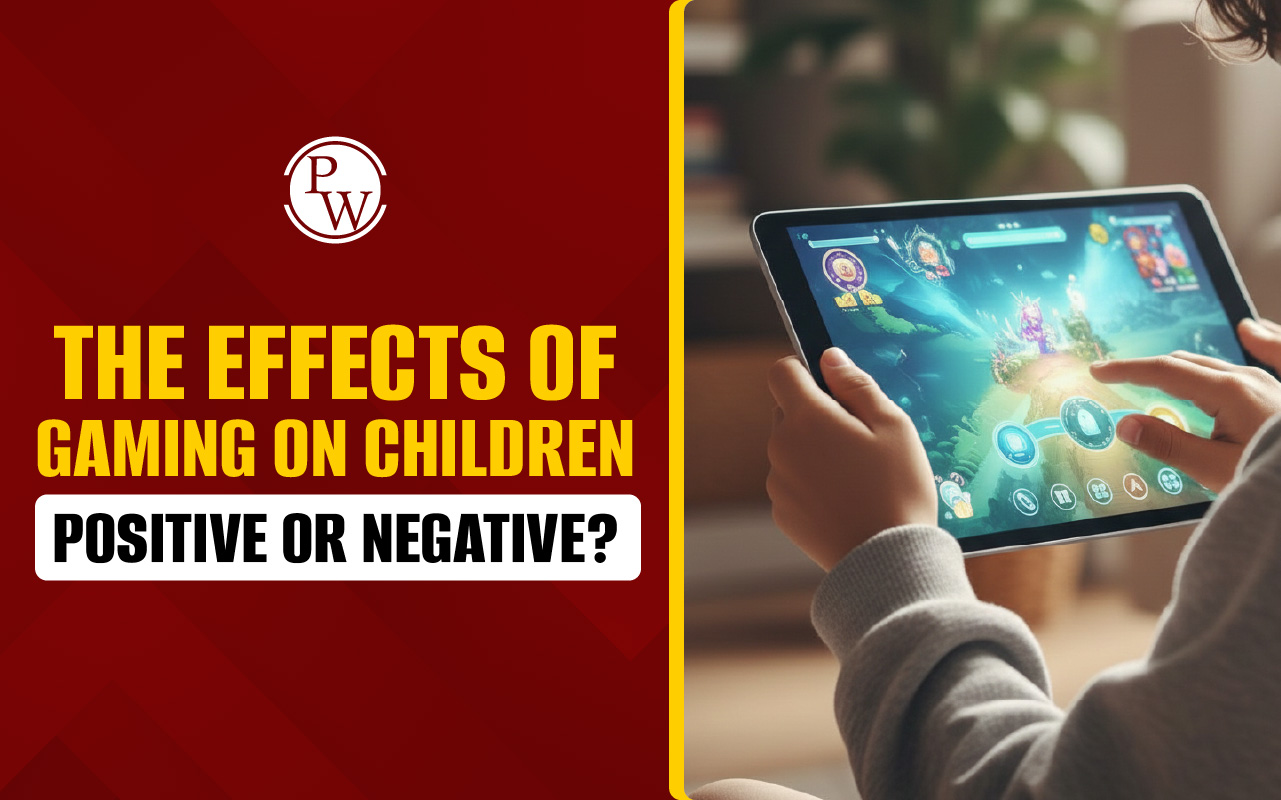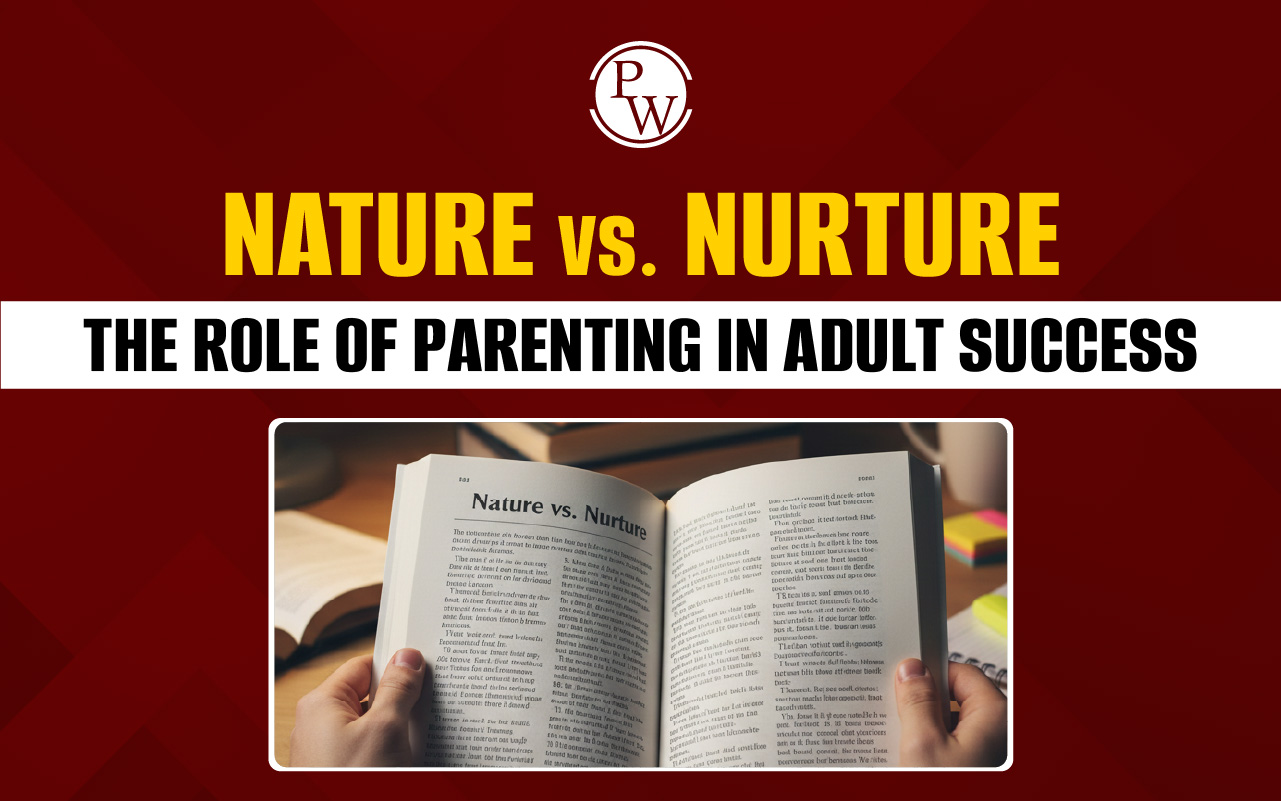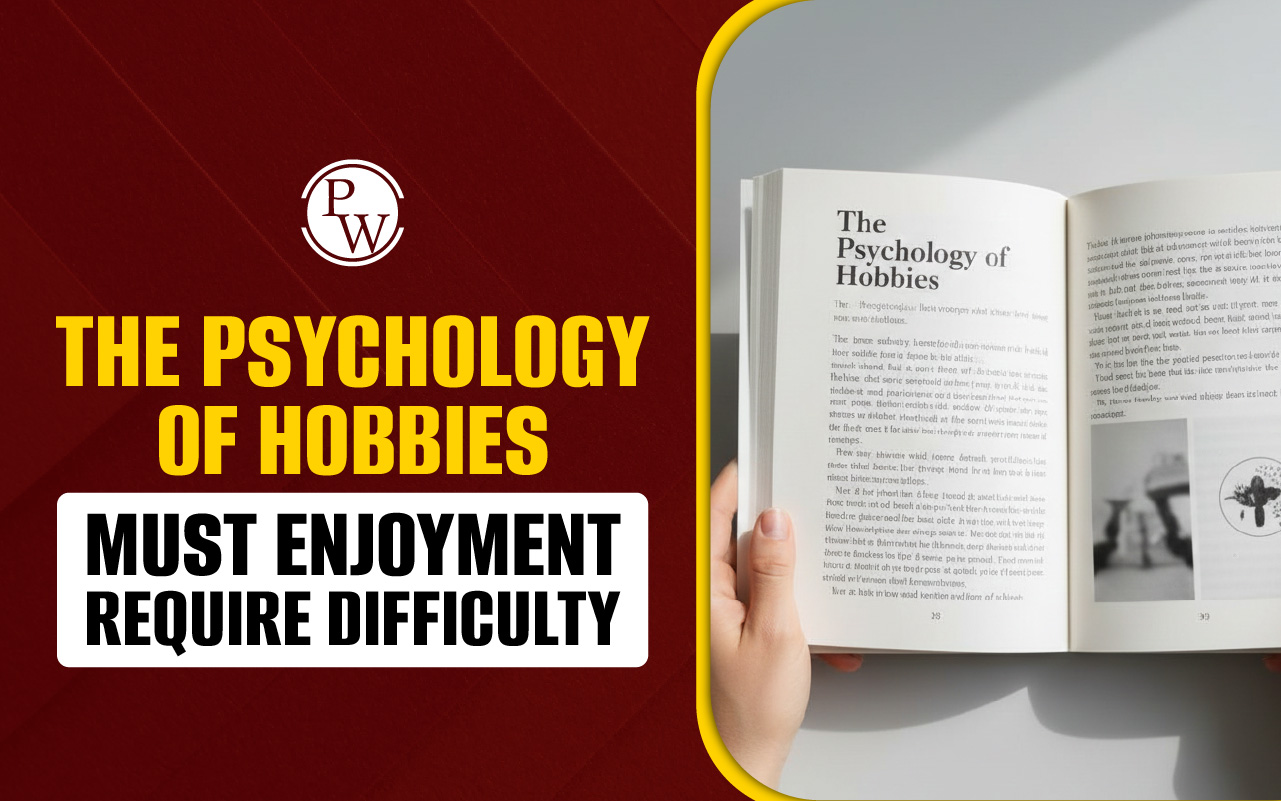
The Growth of Intelligence Reading Answers: The passage delves into the complex nature of intelligence, exploring how it develops from childhood to adulthood. The passage examines key psychological theories, including the debate between general intelligence and multiple cognitive abilities, as well as the differences between fluid and crystallized intelligence.
This reading passage is an excellent resource for IELTS aspirants, featuring various question types such as multiple-choice, true/false, and summary completion. By practicing with these IELTS Reading section questions, candidates can improve their reading comprehension skills, enhance their ability to locate key information, and develop effective test-taking strategies. Understanding the “The Growth of Intelligence Reading Answers” passage is a valuable tool for IELTS exam preparation in 2025.
The Growth of Intelligence Reading Answers Passage
The Growth of Intelligence
-
No one doubts that intelligence develops as children grow older. Yet the concept of intelligence has proved both quite difficult to define in unambiguous terms and unexpectedly controversial in some respects. Although at one level, there seem to be almost as many definitions of intelligence as people who have tried to define it, there is broad agreement on two key features. That is, intelligence involves the capacity not only to learn from experience but also to adapt to one’s environment. However, we cannot leave the concept there. Before turning to what is known about the development of intelligence, it is necessary to consider whether we are considering the growth of one or many skills. That question has been tackled in rather different ways by psychometricians and by developmentalists.
-
The former group has examined the issue by determining how children’s abilities on a wide range of tasks intercorrelate, or go together. Statistical techniques have been used to find out whether the patterns are best explained by one broad underlying capacity, general intelligence, or by a set of multiple, relatively separate, special skills in domains such as verbal and visuospatial ability. While it cannot be claimed that everyone agrees on what the results mean, most people now accept that for practical purposes it is reasonable to suppose that both are involved. In brief, the evidence in favour of some kind of general intellectual capacity is that people who are superior (or inferior) on one type of task tend also to be superior (or inferior) on others. Moreover, general measures of intelligence tend to have considerable powers to predict a person’s performance on a wide range of tasks requiring special skills. Nevertheless, it is plain that it is not at all uncommon for individuals to be very good at some sorts of task and yet quite poor at some others.
-
Furthermore the influences that affect verbal skills are not quite the same as those that affect other skills. This approach to investigating intelligence is based on the nature of the task involved, but studies of age-related changes show that this is not the only, or necessarily the most important, approach. For instance, some decades ago, Horn and Cattell argued for a differentiation between what they termed ‘fluid’ and ‘crystallised’ intelligence. Fluid abilities are best assessed by tests that require mental manipulation of abstract symbols. Crystallised abilities, by contrast, reflect knowledge of the environment in which we live and past experience of similar tasks; they may be assessed by tests of comprehension and information.
-
It seems that fluid abilities peak in early adult life, whereas crystallised abilities increase up to advanced old age. Developmental studies also show that the interconnections between different skills vary with age. Thus in the first year of life an interest in perceptual patterns is a major contributor to cognitive abilities, whereas verbal abilities are more important later on. These findings seemed to suggest a substantial lack of continuity between infancy and middle childhood. However, it is important to realise that the apparent discontinuity will vary according to which of the cognitive skills were assessed in infancy. It has been found that tests of coping with novelty do predict later intelligence. These findings reinforce the view that young children’s intellectual performance needs to be assessed from their interest in and curiosity about the environment, and the extent to which this is applied to new situations, as well as by standardised intelligence testing.
-
These psychometric approaches have focused on children’s increase in cognitive skills as they grow older. Piaget brought about a revolution in the approach to cognitive development through his arguments (backed up by observations) that the focus should be on the thinking processes involved rather than on levels of cognitive achievement. These ideas of Piaget gave rise to an immense body of research and it would be true to say that subsequent thinking has been heavily dependent on his genius in opening up new ways of thinking about cognitive development. Nevertheless, most of his concepts have had to be so radically revised, or rejected, that his theory no longer provides an appropriate basis for thinking about cognitive development. To appreciate why that is so, we need to focus on some rather different elements of Piaget’s theorising.
-
The first element, which has stood the test of time, is his view that the child is an active agent of learning and of the importance of this activity in cognitive development. Numerous studies have shown how infants actively scan their environment; how they prefer patterned to non-pattemed objects, how they choose novel over familiar stimuli, and how they explore their environment as if to see how it works. Children’s questions and comments vividly illustrate the ways in which they are constantly constructing schemes of what they know and trying out their ideas of how to fit new knowledge into those schemes or deciding that the schemes need modification. Moreover, a variety of studies have shown that active experiences have a greater effect on learning than comparable passive experiences. However, a second element concerns the notion that development proceeds through a series of separate stages that have to be gone through step-by-step, in a set order, each of which is characterised by a particular cognitive structure. That has turned out to be a rather misleading way of thinking about cognitive development, although it is not wholly wrong.
| IELTS Exam Important Links | |
|---|---|
| IELTS Reading Band Score | IELTS Listening Band Score |
| IELTS Speaking Band Score | IELTS Writing Band Score |
The Growth of Intelligence Reading Answers Sample Questions
Questions 1-4 (Multiple Choice)
Choose the correct letter, A, B, C, or D.
-
What is a widely accepted feature of intelligence?
A. The ability to memorize facts
B. The ability to solve mathematical problems
C. The ability to adapt and learn from experience
D. The ability to communicate effectively -
How do psychometricians study intelligence?
A. By analyzing how children’s brain structures change over time
B. By observing how intelligence is used in daily activities
C. By examining how different abilities correlate with each other
D. By identifying personality traits that influence intelligence -
What is suggested about general intelligence?
A. It is the only factor determining intelligence
B. It helps predict performance in various tasks
C. It has no scientific basis
D. It is purely inherited and cannot be developed -
According to Horn and Cattell, how do fluid and crystallized intelligence differ?
A. Fluid intelligence remains constant, while crystallized intelligence declines
B. Fluid intelligence peaks early, while crystallized intelligence increases with age
C. Fluid intelligence applies to real-world knowledge, while crystallized intelligence is abstract
D. Both fluid and crystallized intelligence decline after middle age
Questions 5-10 (Yes/No/Not Given)
Write:
YES – if the statement agrees with the views of the writer
NO – if the statement contradicts the views of the writer
NOT GIVEN – if it is impossible to say what the writer thinks
-
Intelligence is defined in the same way by all researchers.
-
People with high verbal skills always perform well in all types of tasks.
-
There is no connection between intelligence in infancy and later intelligence.
-
Piaget’s research helped change the way people study cognitive development.
-
The idea that intelligence develops in fixed stages is still widely accepted.
-
Infants show curiosity by exploring their surroundings.
Questions 11-14 (Summary Completion)
Complete the summary using the list of words A-I below.
Write the correct letter A-I in boxes 11-14 on your answer sheet.
Horn and Cattell proposed that intelligence consists of two main types: 11______ intelligence, which is linked to abstract problem-solving, and 12______ intelligence, which is based on experience and accumulated knowledge. Studies suggest that while 13______ intelligence declines with age, 14______ intelligence can continue to grow in later years.
A. physical
B. verbal
C. mathematical
D. crystallized
E. fluid
F. observational
G. emotional
H. environmental
I. logical
The Growth of Intelligence Reading Answers with Explanations
-
Answer: C (The ability to adapt and learn from experience)
Location: Paragraph 1
Reference: "That is, intelligence involves the capacity not only to learn from experience but also to adapt to one’s environment."
Explanation: The passage clearly defines intelligence as the ability to learn and adapt, making option C the correct choice. -
Answer: C (By examining how different abilities correlate with each other)
Location: Paragraph 2
Reference: "The former group has examined the issue by determining how children’s abilities on a wide range of tasks intercorrelate, or go together."
Explanation: Psychometricians study intelligence by analyzing how different abilities are related, which aligns with option C. -
Answer: B (It helps predict performance in various tasks)
Location: Paragraph 2
Reference: "Moreover, general measures of intelligence tend to have considerable powers to predict a person’s performance on a wide range of tasks requiring special skills."
Explanation: The passage states that general intelligence helps predict performance, making B the right answer. -
Answer: B (Fluid intelligence peaks early, while crystallized intelligence increases with age)
Location: Paragraph 3
Reference: "It seems that fluid abilities peak in early adult life, whereas crystallised abilities increase up to advanced old age."
Explanation: The passage confirms that fluid intelligence declines early, while crystallized intelligence grows with age.
-
Answer: NO
Location: Paragraph 1
Reference: "There seem to be almost as many definitions of intelligence as people who have tried to define it."
Explanation: The passage states that intelligence has multiple definitions, contradicting the idea that all researchers define it the same way. -
Answer: NO
Location: Paragraph 2
Reference: "Nevertheless, it is plain that it is not at all uncommon for individuals to be very good at some sorts of tasks and yet quite poor at some others."
Explanation: The passage indicates that people can excel in one skill but struggle in others, so high verbal skills don’t guarantee overall high performance. -
Answer: NO
Location: Paragraph 4
Reference: "It has been found that tests of coping with novelty do predict later intelligence."
Explanation: The passage states that intelligence in infancy can predict later intelligence, contradicting the statement. -
Answer: YES
Location: Paragraph 5
Reference: "Piaget brought about a revolution in the approach to cognitive development."
Explanation: Piaget’s research changed how people study cognitive development, confirming the statement. -
Answer: NO
Location: Paragraph 6
Reference: "That has turned out to be a rather misleading way of thinking about cognitive development."
Explanation: The passage suggests that fixed stages are not entirely accurate, contradicting the statement. -
Answer: YES
Location: Paragraph 6
Reference: "Numerous studies have shown how infants actively scan their environment; how they prefer patterned to non-patterned objects, how they choose novel over familiar stimuli."
Explanation: The passage confirms that infants explore and show curiosity about their surroundings.
-
Answer: E (Fluid)
Location: Paragraph 3
Reference: "Fluid abilities are best assessed by tests that require mental manipulation of abstract symbols."
Explanation: Fluid intelligence involves problem-solving and abstract thinking. -
Answer: D (Crystallized)
Location: Paragraph 3
Reference: "Crystallised abilities, by contrast, reflect knowledge of the environment in which we live and past experience of similar tasks."
Explanation: Crystallized intelligence is based on accumulated knowledge and experience. -
Answer: E (Fluid)
Location: Paragraph 3
Reference: "It seems that fluid abilities peak in early adult life."
Explanation: Fluid intelligence declines early in life. -
Answer: D (Crystallized)
Location: Paragraph 3
Reference: "Crystallised abilities increase up to advanced old age."
Explanation: Crystallized intelligence continues to grow with age.
Also Read:
- Should You Use All Capital Letters in the IELTS Listening and Reading Tests
- IELTS Reading Mistakes
- How to Improve IELTS Reading Score
- How to Manage Time in IELTS Reading
Guidance of PW IELTS
Physics Wallah offers multiple online IELTS courses for all students. Follow the IELTS pages to better prepare for the exam.
| What is IELTS Exam? | Documents Required for IELTS Registration |
| IELTS exam eligibility requirements | IELTS Exam Fees |
| IELTS test results | IELTS Exam Pattern |
The Growth of Intelligence Reading Answers FAQs
What are the two key features of intelligence?
What is the difference between fluid and crystallized intelligence?
How do psychometricians study intelligence?
What types of questions are included in this IELTS reading practice?
Can intelligence in infancy predict later intelligence?










